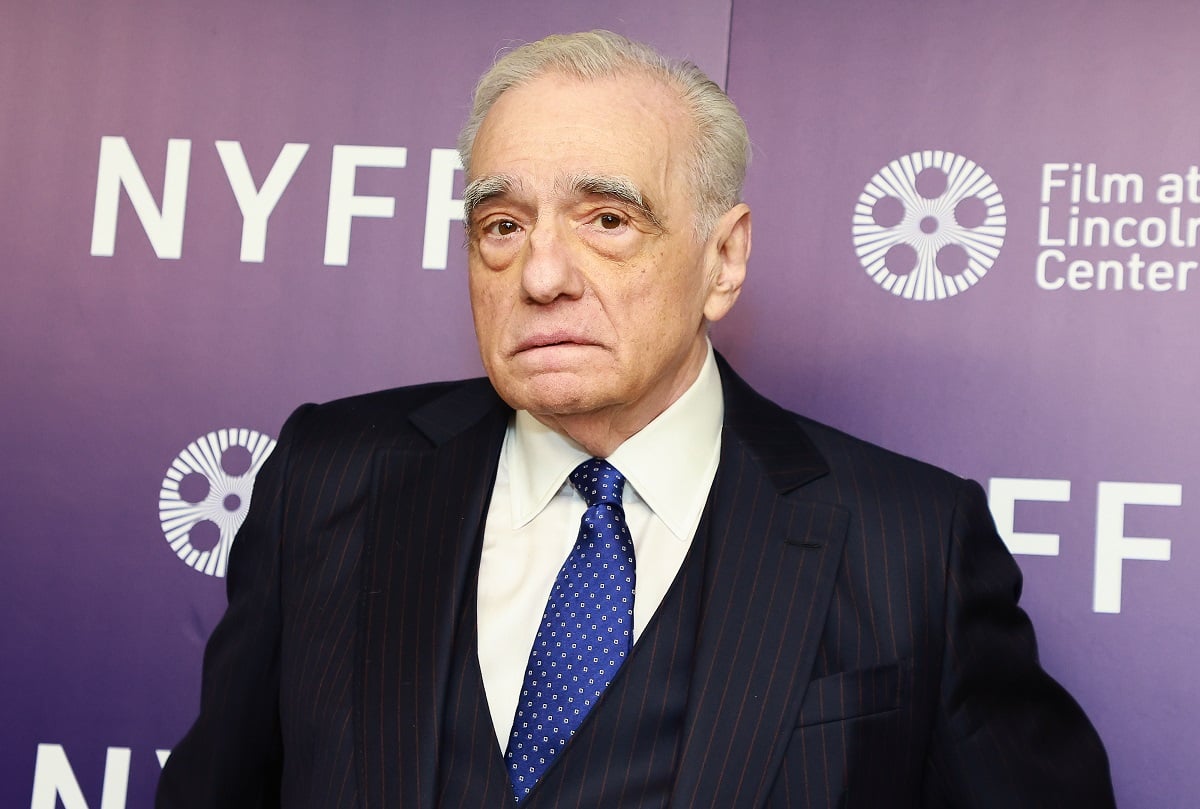
Martin Scorsese Once Shared ‘It Hurts’ Going to the Theater Because Audiences Don’t Take Films Seriously
The art of movies and storytelling are very important to iconic director Martin Scorsese. But despite his love for cinema, Scorsese has had trouble watching movies with a public in theaters. This is partially because of how modern audiences treat films.
Martin Scorsese felt cinema is being devalued thanks to streaming services

Scorsese is as much a fan of cinema as he is a contributor. But over the years, he’s noticed certain changes regarding the film industry that hasn’t been to his liking. One of those changes involved the way streaming services have influenced Hollywood
In an essay Scorsese wrote that was published by Harper’s, the director highlighted what he felt were injustices done to the film industry. He brought to attention how the meaning of content in the film industry might have changed over the past few years as an example.
“As recently as 15 years ago, the term ‘content’ was heard only when people were discussing the cinema on a serious level, and it was contrasted with and measured against ‘form.’ Then, gradually, it was used more and more by the people who took over media companies, most of whom knew nothing about the history of the art form, or even cared enough to think that they should,” Scorsese wrote.
This led to cinema being devalued in Scorsese’s eyes.
“The cinema has always been much more than content, and it always will be, and the years when those films were coming out from all over the world, talking to each other and redefining the art form on a weekly basis, are the proof,” he added.
Martin Scorsese found that going to theaters ‘hurt’ because of how audiences reacted to movies
Aside from films, Scorsese has felt that audiences have also changed when it comes to cinema. The movies the director grew up watching were vastly different than the films modern audiences were more accustomed to. And so was the way audiences consumed movies as well.
“The theater will always be there for that communal experience, there’s no doubt. But what kind of experience is it going to be? Is it always going to be a theme-park movie? I sound like an old man, which I am,” he once told The Associated Press. :The big screen for us in the ’50s, you go from Westerns to Lawrence of Arabia to the special experience of 2001 in 1968. The experience of seeing Vertigo and The Searchers in VistaVision.”
Scorsese also felt that audiences being able to watch films on all kinds of screens and devices contributed to the problem.
“It should matter to your life,” he said. “Unfortunately the latest generations don’t know that it mattered so much.”
Watching films in theater with others didn’t help Scorsese warm up to film crowds either. According to Time Out, Scorsese was completely put off by his public cinematic experience. So much so it once played a part in Scorsese avoiding theaters altogether.
“It’s very difficult for me to go to theatres these days. Also, when I did go a few years ago, the nature of the audience, the noise – it’s not taken seriously. And it hurts. I mean comedies too. There’s an attitude, there are phones going off, people talking. It’s crazy,” he said.
How franchise films made Martin Scorsese concerned for Hollywood’s future
Scorsese might believe that the amount of attention franchise films have received over the years has put cinema in a bad spot. For instance, the Oscar-winner attracted much attention and backlash for criticizing the Marvel franchise not too long ago. But he felt studio’s reliance on such a franchise, and other franchises like it, will only hinder films in the long run.
“In many places around this country and around the world, franchise films are now your primary choice if you want to see something on the big screen,” Scorsese wrote in the New York Times. “It’s a perilous time in film exhibition, and there are fewer independent theaters than ever … no matter whom you make your movie with, the fact is that the screens in most multiplexes are crowded with franchise pictures.”


